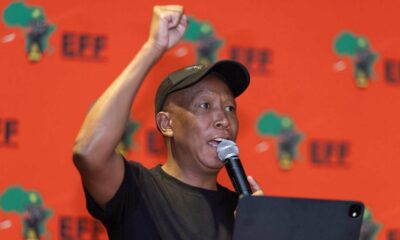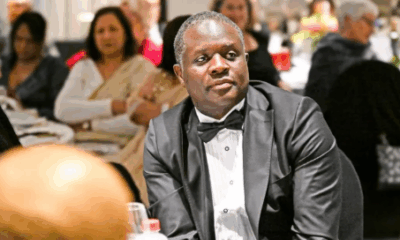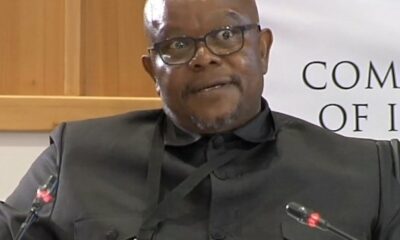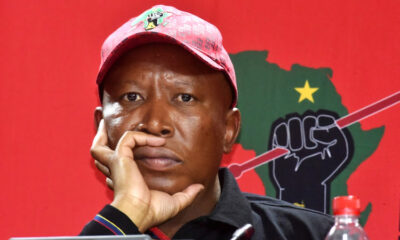News
Ramaphosa’s National Dialogue Raises Eyebrows as Key Foundations Left Out
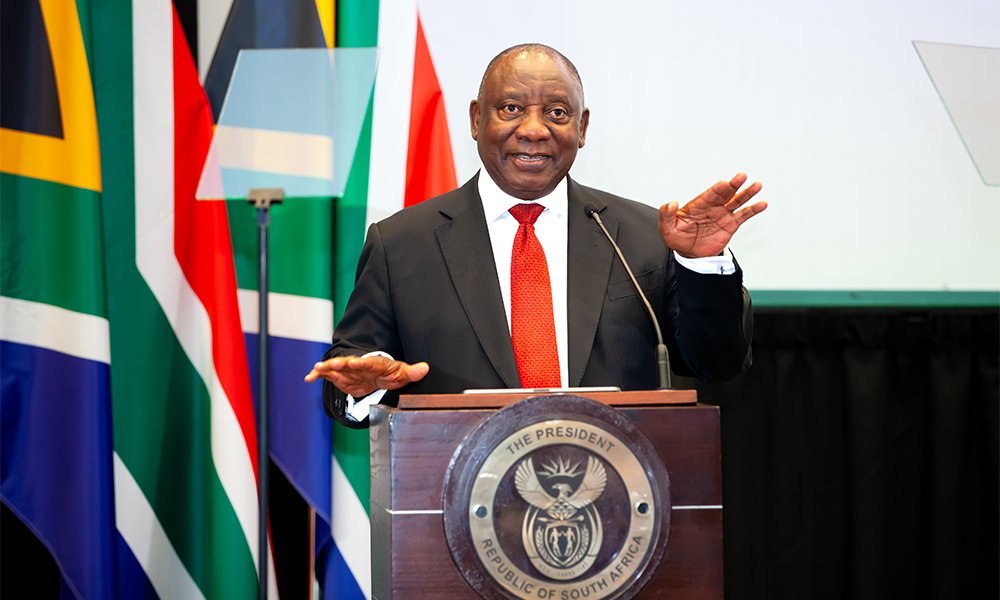
A vision for South Africa’s future begins but not everyone is invited to the table.
President Cyril Ramaphosa’s highly anticipated National Dialogue is off to a rocky start. While the initiative is meant to spark a collective reimagining of South Africa’s future amid rising inequality, unemployment and systemic corruption, its launch has triggered criticism over who wasn’t included most notably, some of the country’s most respected political foundations.
A Dialogue Without Mbeki, Mandela, and Kathrada?
South Africans have grown accustomed to tough conversations about governance, but when key legacy voices are sidelined, the nation takes notice. Missing from the National Dialogue process are the Thabo Mbeki, Nelson Mandela, and Ahmed Kathrada foundations organisations that hold both historical weight and moral authority in the country’s democratic journey.
According to political analyst Siyabonga Ntombela from the University of KwaZulu-Natal, the snub may be no accident.
“They’ve been vocal about Ramaphosa’s leadership, just as they were during Jacob Zuma’s tenure. Their exclusion looks more like a punishment for speaking out,” said Ntombela.
These foundations have long engaged in parallel dialogues about South Africa’s socio-political decay. Their critique of the current administration, especially on issues like corruption and accountability, seems to have placed them on the outside looking in.
A Missing Generation and Business Voices
Beyond the absence of legacy voices, the composition of the Dialogue has also come under fire for excluding youth representation and key economic thinkers. Professor Theo Neethling, a political expert, expressed disappointment not only about the omitted foundations but also about the lack of clarity on who will shape these conversations.
“How do we define who makes up the ‘national’ in this National Dialogue?” he asked. “Where will it take place? Who selects the participants?”
He warned that without business leaders and industry experts at the table, any plans for economic revival may fall flat.
The Eminent Persons Group: A New Face for Dialogue
To guide the process, Ramaphosa unveiled an Eminent Persons Group, a diverse mix of leaders including religious figures like Bishop Barnabas Lekganyane and Springbok captain Siya Kolisi. While some see this as an attempt to bring fresh voices into the fold, others note the glaring omission of political veterans and former heads of state.
So far, there’s been no place for Ramaphosa’s predecessors or members of the major foundations. And that’s raised alarm about the credibility of what should be a unified national effort.
Lip Service or Lasting Change?
The Dialogue is set to unfold in phases, starting with local consultations and culminating in a second national convention in 2026. Ramaphosa’s vision is to use this platform as a long-term tool for reshaping South Africa’s social and economic architecture.
“At every turning point in our history, it has been dialogue that led us forward,” said Ramaphosa at the launch.
But Ntombela is skeptical.
“This is just more lip service. We’ve heard it before. Nothing truly changes,” he said bluntly.
Neethling offered a more tempered take, saying the Dialogue could be powerful if done sincerely.
“If it’s truly inclusive, this could help us forge consensus on key issues. But we need transparency and real implementation—or else this is just another talk shop,” he warned.
The Real Test Lies Ahead
South Africans have been burned before by grand plans that lead nowhere. From ambitious economic blueprints to anti-corruption crusades that stall in bureaucracy, public trust is fragile. And with persistent issues like implementation failures, corruption, and lack of fiscal capacity, skepticism is more than warranted.
So far, social media reactions reflect this divide. Some users praised the inclusion of younger leaders and sports icons like Kolisi, while others decried the absence of the moral heavyweights who helped build South Africa’s post-apartheid identity.
“Leaving out the Mandela Foundation is like planning a family reunion without grandma,” one user wrote on X (formerly Twitter).
As the country gears up for its first National Convention on August 15, the stakes are clear. South Africans want dialogue, yes, but more than that, they want action, inclusion, and a future they can believe in.
{Source: IOL}
Follow Joburg ETC on Facebook, Twitter , TikTok and Instagram
For more News in Johannesburg, visit joburgetc.com



